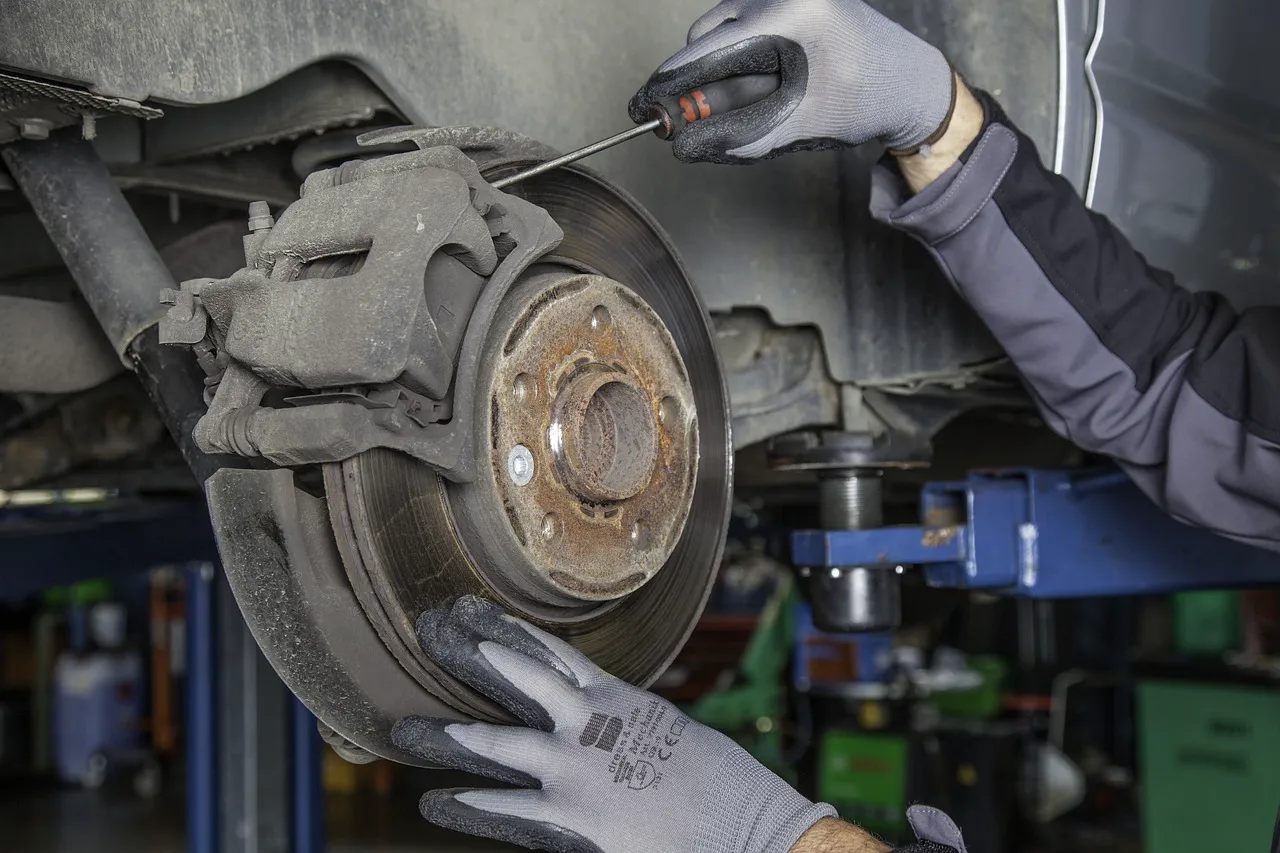
Regular car maintenance is crucial for keeping your vehicle running smoothly, ensuring safety, and avoiding costly repairs down the road. Neglecting basic upkeep can lead to breakdowns, reduced fuel efficiency, and even accidents. To help you stay on top of your car’s health, here are 10 essential car maintenance tasks you should never skip.
1. Regular Oil Changes
Engine oil lubricates moving parts, reduces friction, and prevents overheating. Over time, oil breaks down and becomes contaminated. Skipping oil changes can lead to engine wear and even failure. Follow your manufacturer’s recommended interval (typically every 5,000 to 7,500 miles for conventional oil, or longer for synthetic).
2. Check and Replace Air Filters
A clogged air filter restricts airflow to the engine, reducing performance and fuel efficiency. Replace the engine air filter every 12,000 to 15,000 miles (or sooner if you drive in dusty conditions). Also, check the cabin air filter annually to ensure clean air inside the vehicle.
3. Monitor Tire Pressure and Tread Depth
Underinflated or overinflated tires can cause poor handling, uneven wear, and blowouts. Check tire pressure monthly (including the spare) and maintain the recommended PSI (found in the owner’s manual or driver’s door jamb). Also, inspect tread depth—if it’s below 2/32 of an inch, it’s time for new tires.
4. Rotate Tires Regularly
Uneven tire wear can affect handling and fuel economy. Rotate your tires every 5,000 to 7,500 miles(or as recommended) to promote even tread wear and extend their lifespan.
5. Inspect and Replace Brake Pads
Brakes are critical for safety. Listen for squeaking or grinding noises, which indicate worn brake pads. Have them inspected every 12,000 miles and replace them if they’re thinner than ¼ inch. Also, check brake fluid levels periodically.
6. Test and Maintain the Battery
A dead battery can leave you stranded. Check for corrosion on terminals and ensure a secure connection. Test the battery’s voltage every six months and replace it every 3 to 5 years, depending on usage.
7. Check and Top Off Fluids
Your car relies on several fluids for optimal performance:
- Coolant – Prevents overheating (check every 30,000 miles).
- Transmission fluid – Ensures smooth gear shifts (replace every 60,000 to 100,000 miles).
- Brake fluid – Maintains braking efficiency (check every 2 years).
- Power steering fluid – Keeps steering smooth (top off as needed).
- Windshield washer fluid – Ensures clear visibility (refill regularly).
8. Inspect Belts and Hoses
Cracked or worn belts (like the serpentine belt) and hoses can lead to engine failure. Inspect them every 60,000 miles or sooner if you notice fraying, glazing, or leaks.
9. Keep an Eye on the Check Engine Light
Never ignore the check engine light—it could indicate anything from a loose gas cap to a serious engine issue. Use an OBD-II scanner to diagnose the problem or visit a mechanic promptly.
10. Wash and Wax Your Car Regularly
While it may seem cosmetic, washing and waxing protect your car’s paint from rust and corrosion. Clean the undercarriage in winter to remove salt buildup, which can cause damage over time.
Final Thoughts
Skipping routine maintenance might save time and money in the short term, but it can lead to major repairs and safety risks later. By following these 10 essential car maintenance tasks, you’ll extend your vehicle’s lifespan, improve fuel efficiency, and ensure a safer driving experience.
Pro Tip: Keep a maintenance log to track service dates and stay ahead of upcoming tasks.
Did you find this guide helpful? Share it with fellow car owners to keep their vehicles in top shape!






Leave a Reply